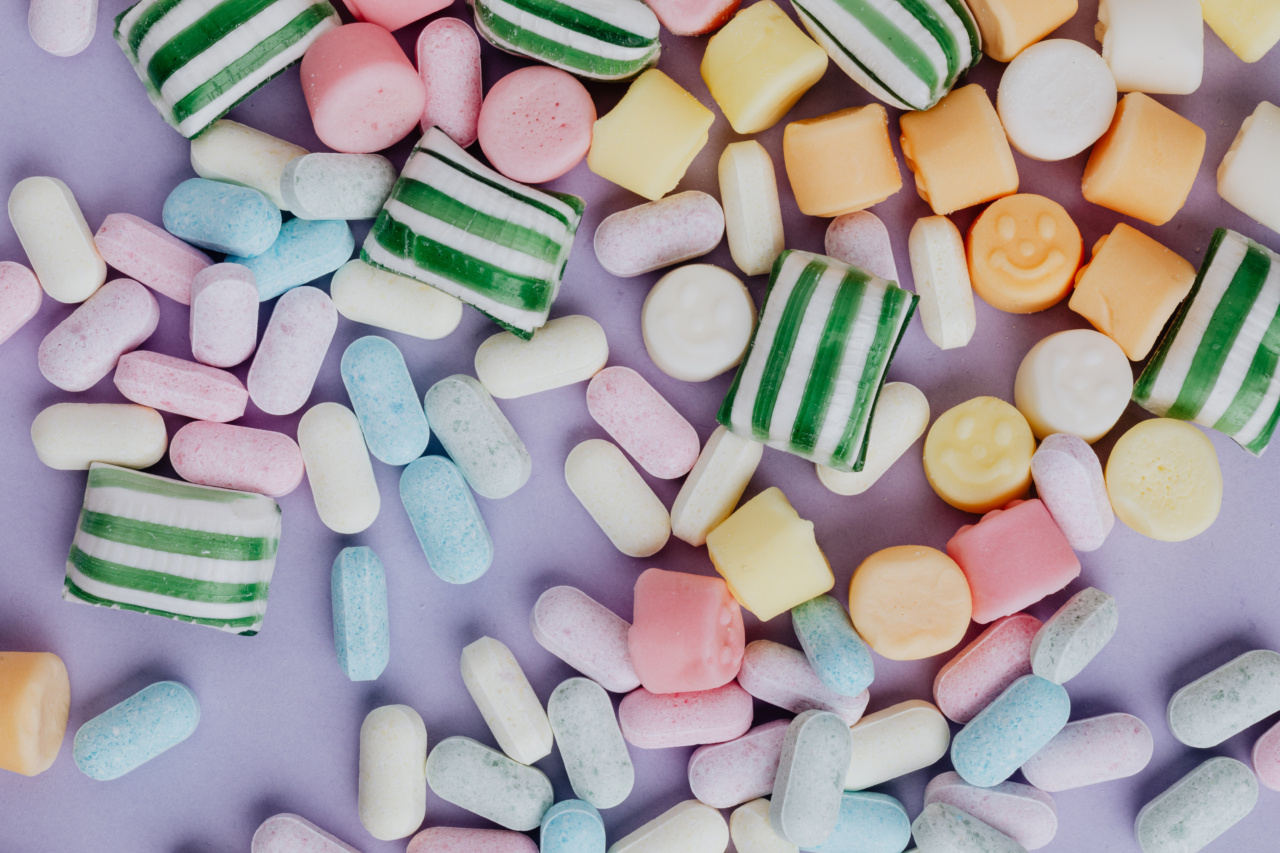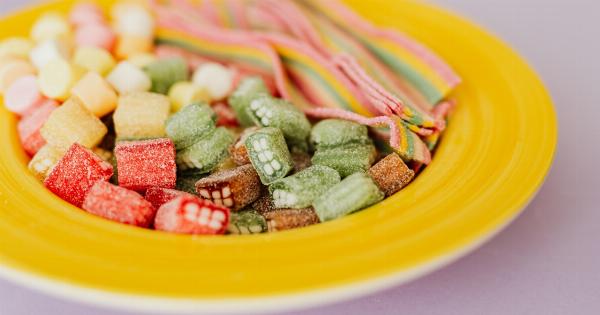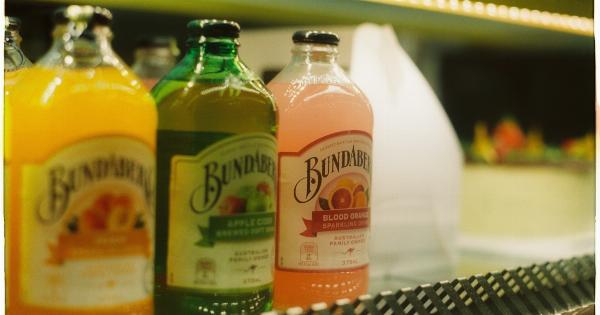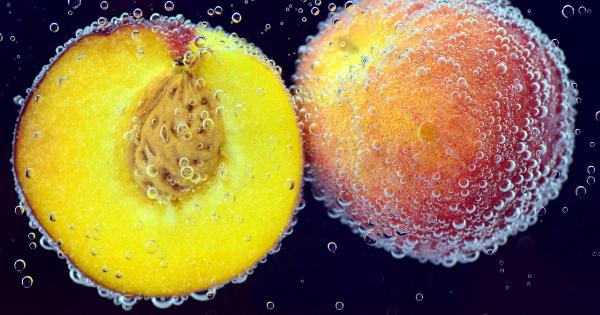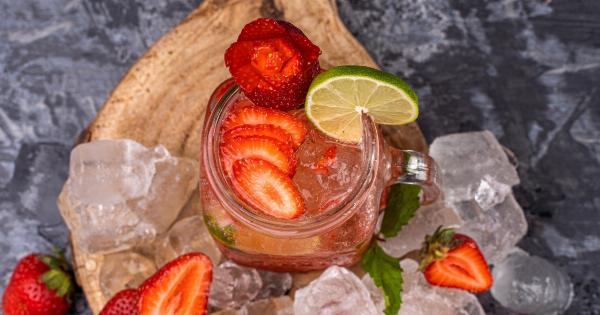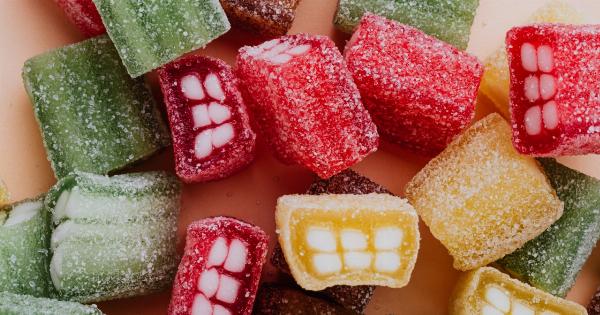Fruits are a delicious and nutritious part of our diet, packed with essential vitamins, minerals, and fiber. However, one concern that often arises is the sugar content in fruits.
While all fruits contain natural sugars, some may have higher levels compared to others. In this article, we will compare the sugar content in different types of fruits to help you make informed choices about incorporating them into your diet.
1. Apples
Apples are a popular fruit known for their sweet and crunchy taste. They are a great source of dietary fiber, vitamin C, and antioxidants. In terms of sugar content, apples contain about 19 grams of sugar per medium-sized fruit.
2. Bananas
Bananas are a widely consumed tropical fruit loved for their creamy texture and unique flavor. They are a good source of potassium, vitamin C, and vitamin B6. A medium-sized banana contains approximately 14 grams of sugar.
3. Oranges
Oranges are citrus fruits known for their refreshing taste and high vitamin C content. They are also a good source of dietary fiber. On average, a medium-sized orange contains about 12 grams of sugar.
4. Grapes
Grapes are small, bite-sized fruits that come in various colors, such as green, red, and purple. They are packed with antioxidants and other beneficial plant compounds.
Grapes have a relatively higher sugar content compared to some other fruits, with an average of 23 grams of sugar per cup.
5. Strawberries
Strawberries are vibrant and juicy fruits that are a favorite in many dishes, from salads to desserts. They are an excellent source of vitamin C and contain relatively low sugar content.
Approximately 7 grams of sugar can be found in a cup of strawberries.
6. Pineapple
Pineapple is a tropical fruit known for its sweet and tangy taste. It is a great source of vitamin C and manganese. In terms of sugar content, pineapple contains around 16 grams of sugar per cup.
7. Watermelon
Watermelon is a hydrating summer fruit loved for its juicy and refreshing nature. It is rich in vitamins A and C. Despite its sweetness, watermelon has a lower sugar content compared to some other fruits, with about 9 grams of sugar per cup.
8. Mango
Mangoes are tropical fruits with a deliciously sweet taste and smooth texture. They are abundant in vitamin C, vitamin A, and fiber. One medium-sized mango contains approximately 46 grams of sugar, making it one of the higher sugar content fruits.
9. Kiwi
Kiwis are small, fuzzy fruits known for their vibrant green flesh and tangy flavor. They are densely packed with vitamin C, vitamin K, and fiber. Kiwis have a moderate sugar content, with around 7 grams of sugar per medium-sized fruit.
10. Blueberries
Blueberries are small, blue fruits that are rich in antioxidants and beneficial plant compounds. They are also a good source of vitamin C and fiber. Blueberries contain approximately 15 grams of sugar per cup.
Conclusion
When considering the sugar content in different types of fruits, it is essential to keep in mind that these sugars are natural and accompanied by valuable nutrients and fiber.
While some fruits may have higher sugar content than others, it is still advisable to include a variety of fruits in your diet for optimal health benefits. Moderation and balance are key when incorporating fruits into a well-rounded, nutrient-rich eating plan.
